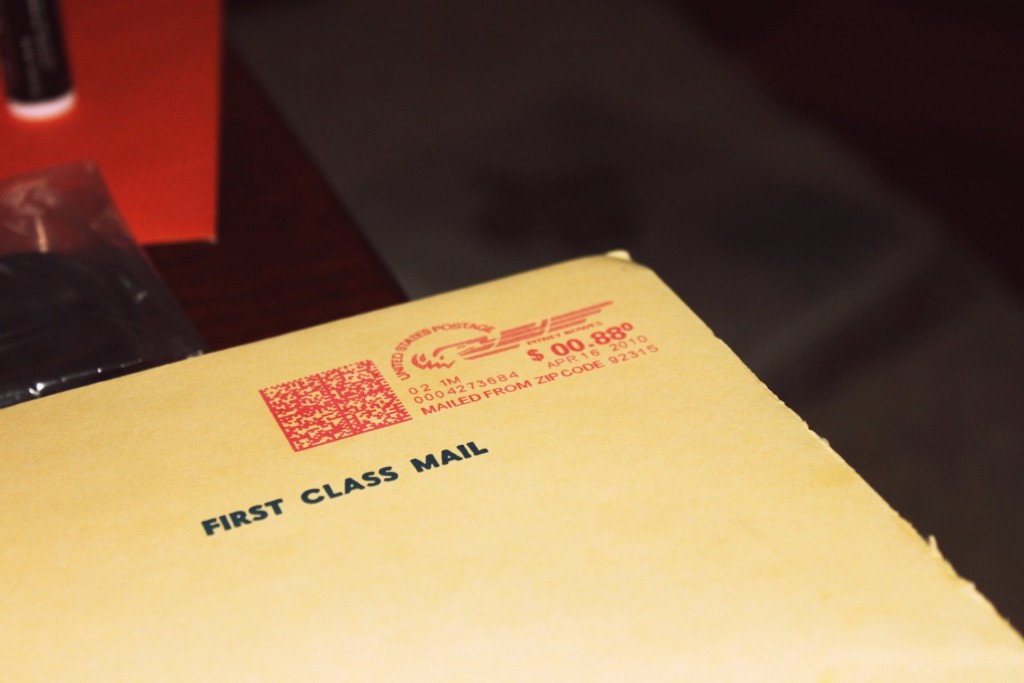I wrote a short story some years ago–a story I thought was fantastic.
It was funny. It was clever. It was sure to be snapped up by some literary magazine or another.
Instead, I ended up submitting it to a magazine, only to have it promptly returned, covered with red marks.
Boy, was I indignant. Obviously this editor had no idea what constituted good writing!
After I cooled down, I decided to look through the feedback I’d been given. It seemed there were a lot of unnecessary words, most of them circled or crossed out. I started to see that this person–although still in my bad books–had something of a point.
The Worst Writing Mistake You’ll Ever Make
So, where exactly did I go wrong? Was my story really that terrible?
Well, let’s just say it wasn’t nearly as fantastic as I thought. The reason I couldn’t see all the mistakes I’d made was this:
I didn’t give it time to breathe.
Instead of filing the story in a drawer for a month or two, then coming back to edit it with fresh eyes, I made the mistake of editing too soon. I didn’t give myself the chance to stand back and look at my work objectively.
The More Time, the Better
I never did get around to resubmitting this particular story to any other magazines. I figured one day the right opportunity would present itself and I might pick it up again.
Every so often, I’ll open that file on my computer. Each time I do, I see more and more flaws inherent in the writing–so many, in fact, that I am always relieved that I haven’t sent it out again.
Last night, I had another look at the story for the first time in at least 6 months. I was mortified by what I saw. Though I’ve read it over and over again, the more time I give it, the more I become aware of my mistakes.
And, I believe if I left it untouched for a year, my horror would grow exponentially.
How to Avoid Submitting Too Soon
I’m very aware that when one finishes writing something, there comes an overwhelming feeling of simply wanting the piece out there. No matter the consequences, you want to start submitting that story whether it’s ready or not.
You must resist the urge. To submit too early portends almost certain rejection of your manuscript.
Instead, follow these steps:
- Finish the first draft of your piece.
- Make any obvious necessary revisions.
- Stick it in a drawer or file it in the deepest recesses of your hard drive.
- Wait.
- Wait some more.
- Just a little longer.
- Revisit your piece to gain a whole new perspective. Read it out loud. Make revisions as needed.
- Proofread.
Remember, the longer you wait, the more flaws you’ll find. The more flaws you spot before you submit your piece, the better.
That’s not to say you’ll always have the opportunity to wait. If you’re working to a deadline, you may need to wait a little less time than if you’re sitting on an unsolicited submission.
But keep in mind, tired eyes miss mistakes. A weary mind is not the best judge of quality.
How much better might your work be if you give it time to breathe?
